Back to Courses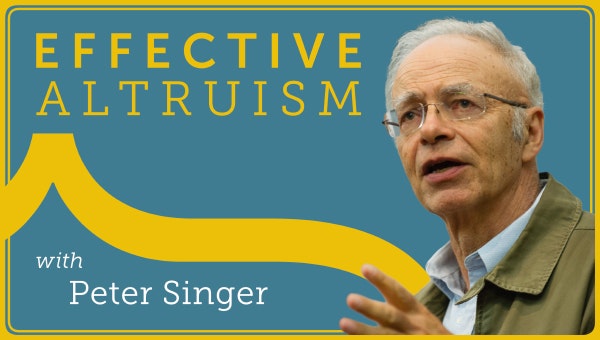


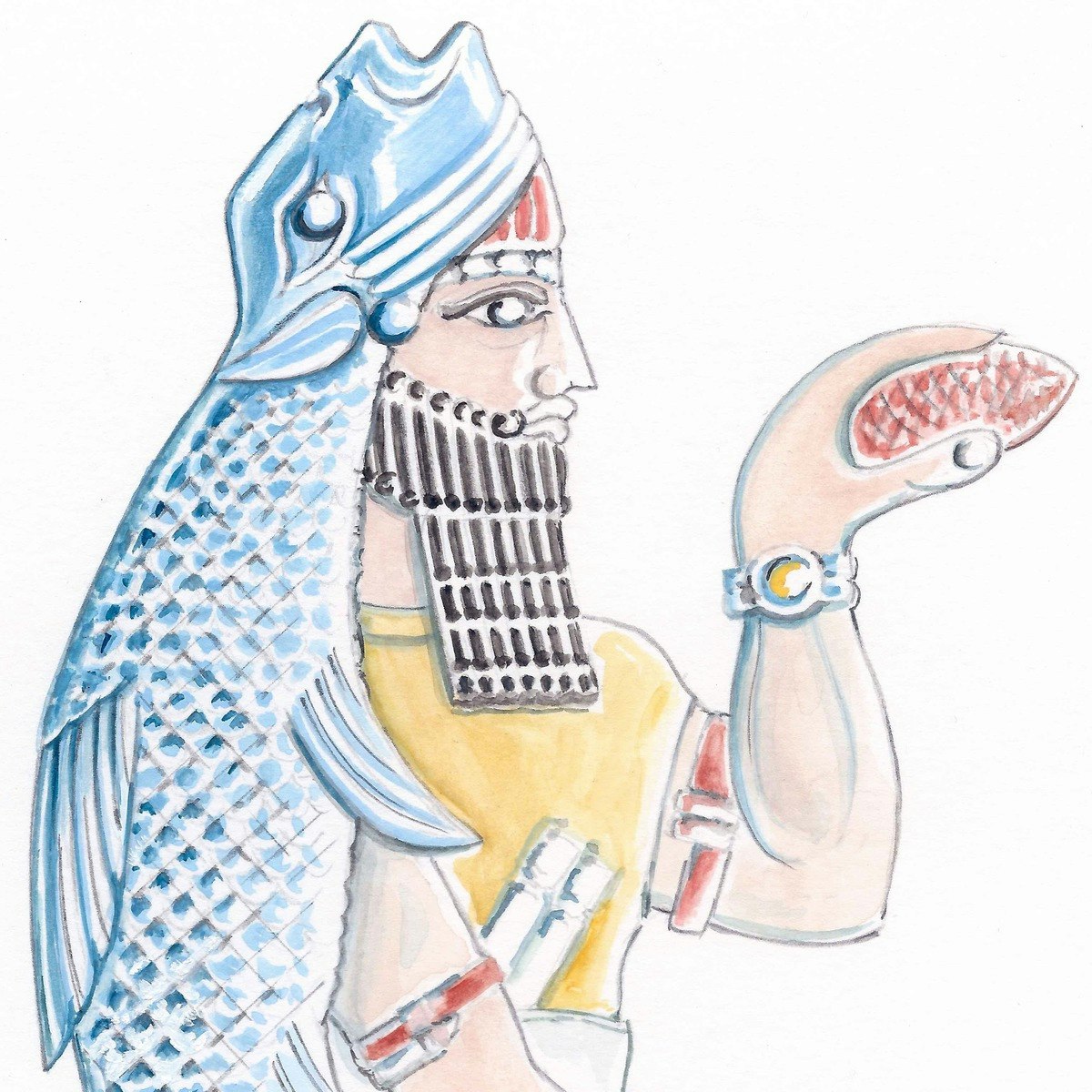

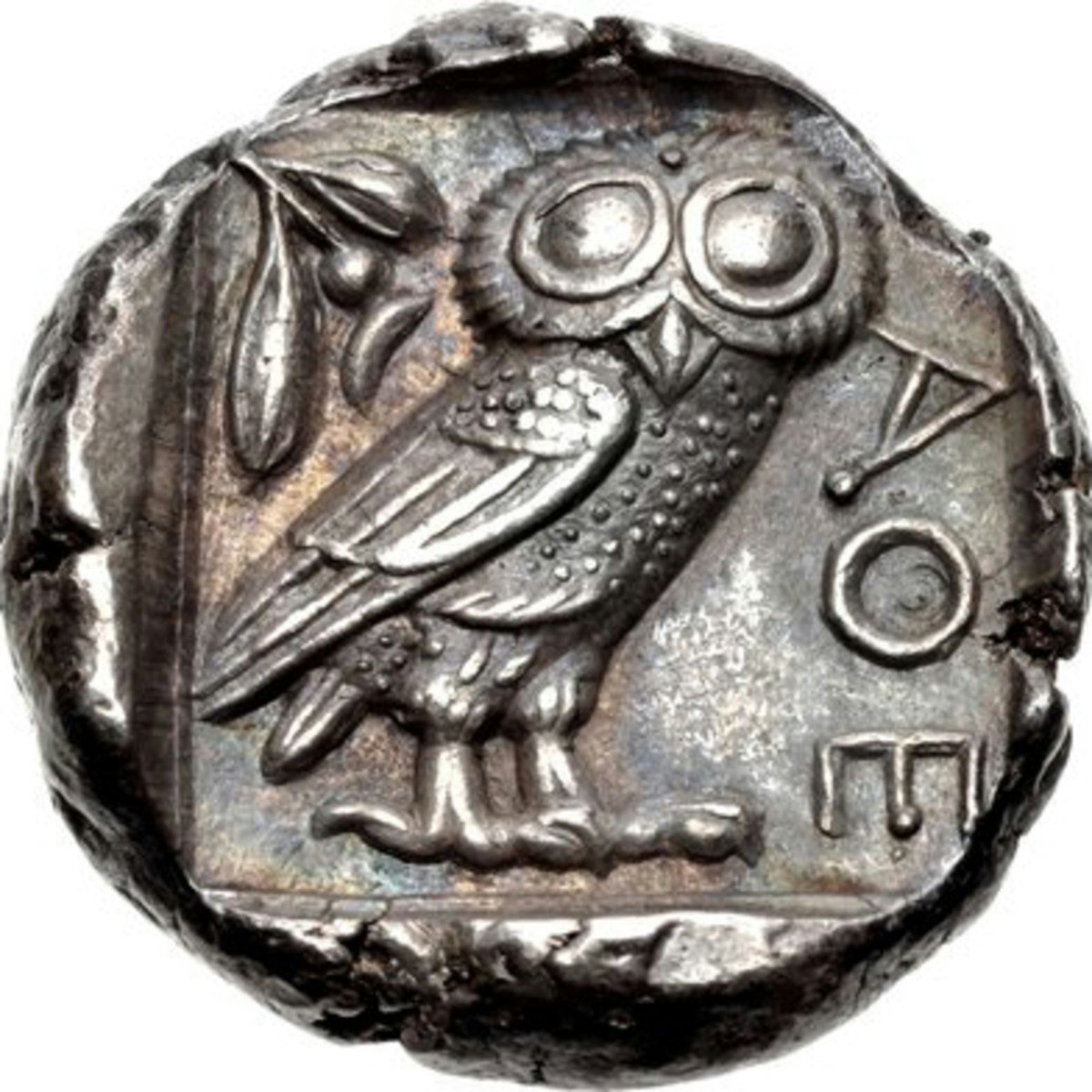
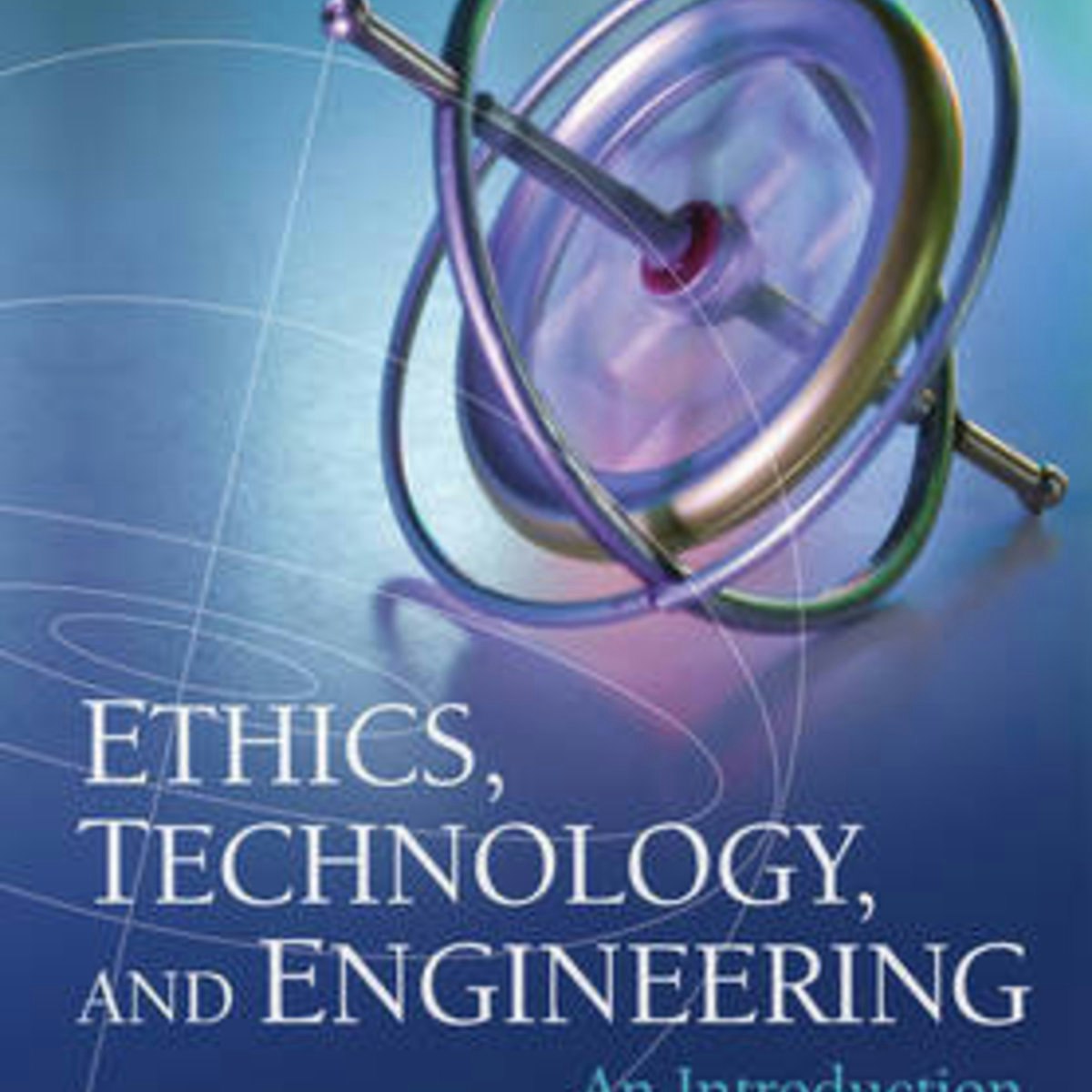


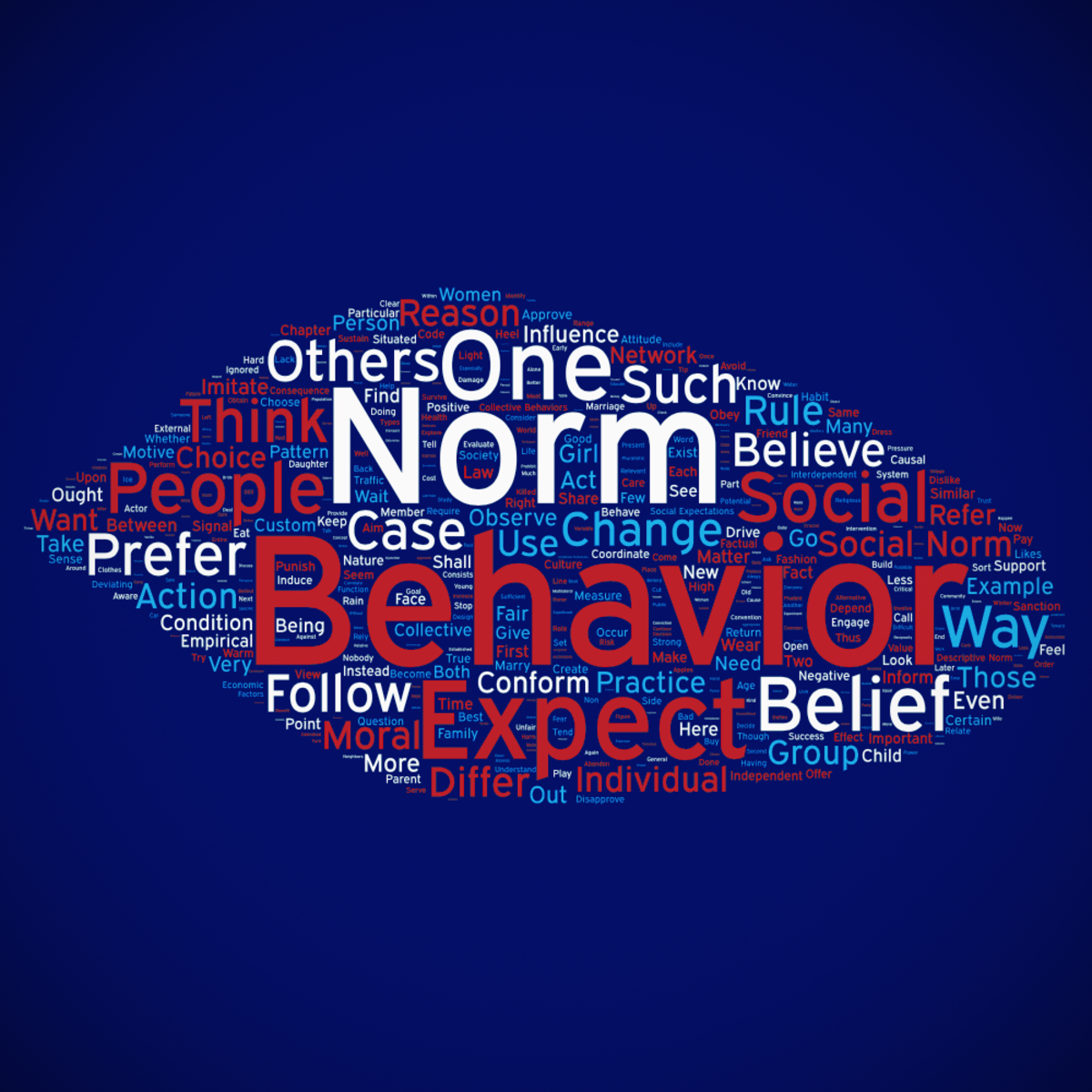
Philosophy Courses - Page 4
Showing results 31-40 of 81

Effective Altruism
Effective altruism is built on the simple but unsettling idea that living a fully ethical life involves doing the most good one can. In this course you will examine this idea's philosophical underpinnings; meet remarkable people who have restructured their lives in accordance with it; and think about how effective altruism can be put into practice in your own life.
All the features of this course are available for free. It does not offer a certificate upon completion.

Mind of the Universe - Genetic Privacy: should we be concerned?
Should all our genetic information be made public in order to eradicate genetic diseases from this world?
Who owns your genetic data once it becomes publicly accessible? What is your responsibility to family members when you know more about genetic diseases than they do? Who decides what kind of genetic information is relevant to a person? And what does genetic privacy mean to you?
In this challenge with Robert Zwijnenberg (Professor in Art and Science Interactions) you will critically reflect upon the issue of genetic privacy. You will dive into the ethical questions that come up with the disclosure of genetic data in biobanks and through genetic tests. This course encourages you to think about the cultural, philosophical and political tensions present in the debate around genetic privacy. You are invited to identify and listen to the viewpoints and values provided by the different stakeholders that shape this debate: corporations, researchers, consumers and patients. Furthermore, you will go off the beaten track by exploring the issue from the unique perspective of art and culture. After a lot of thinking, supplementing, deleting and adjusting, you will be asked to share a recommendation on how to regulate practices of disclosing genetic information, while taking into consideration the concept of genetic privacy. Your advice could serve as an eye-opener for policy makers!
This online learning experience is a spin-off of The Mind of the Universe documentary series created by the Dutch broadcasting company VPRO and professor Robbert Dijkgraaf, Princeton University. A number of universities in the Netherlands have used the open source material of the documentary series as a starting point to create similar experiences.

Animals, Self, and Society
This course explores how animals and people are situated within the web of structures and connections known as “society.” Module 1 considers some of the key symbolic roles that animals play in society by investigating the practice of “thinking with animals.” We investigate how people construct different meanings of animals and the implications these meanings have for both animals and humans. You will gain first-hand experience of this by analyzing how animals are represented in the media. Modules 2 and 3 investigate human-animal relationships, including those that involve suffering as well as those that are beneficial. Although many people describe their pets as friends or family members, Module 2 takes a deeper dive into what constitutes friendship and family membership where other species are concerned. Module 3 examines the dark side of these relationships, focusing on animal abuse and its relationship to domestic violence. Module 4 focuses on people’s encounters with those animals outside the boundaries of the home and the farm. The way people understand and regard the species commonly considered “wild” shapes the treatment and moral status of these animals.

Organising an Empire: The Assyrian Way
Discover the mighty kingdom of Assyria, which came to be the world’s first great empire three thousand years ago. From the 9th to the 7th centuries BC, during the imperial phase of Assyria’s long history, modern day northern Iraq was the central region of a state reaching from the Mediterranean Sea to the Persian Gulf, and incorporating what is now Iraq, Syria, and Lebanon, as well as half of Israel, and wide parts of south-eastern Turkey, and Western Iran.
In its geographical extent, this state was unprecedentedly large, and the distinct geography of the Middle East, with deserts and high mountain ranges, posed challenges to communication and cohesion. What were the mechanisms that kept the Empire running? This course explores the methods the Assyrian government employed to ensure unity and maintain loyalty across vast distances, using traditional as well as innovative strategies. Some of these imperial techniques have marked parallels in the ways modern multi-national corporations are operating, others will strike you as profoundly alien.
This course focusses on how the Assyrians organised their empire by analysing key aspects, namely:
· The CEO – the king, a religious, political and military leader, who is charged to govern by his master, the god Assur;
· Home Office – the royal palace in the central region and the royal court that form the administrative centre of the state;
· The Regional Managers – the governors and client-rulers to whom local power is delegated;
· Human Resources – the Empire’s people are its most precious assets, its consumers and its key product, as the goal of the imperial project was to create “Assyrians”; an approach with lasting repercussions that still reverberate in the Middle East today; and finally
· The Fruits of Empire – it takes a lot of effort, so what are the rewards?
When we explore these topics we will contextualise them with information about the lives led by ordinary Assyrian families.
Taking this course will provide you with an overview of the political, social, religious, and military history of the world’s first superpower. It will give you insight into the geography and climatic conditions of the Middle East and contribute to your understanding of the opportunities and challenges of that region. It will present you with a vision of the Middle East at a time when its political and religious structures were very different from today.

The Persuasive Leader
This aims primarily at post-baccalaureate students interested in leadership theory.
The course has four modules. Module 1 introduces students to agile leadership as (a) a logical sequel to adaptive and team leadership, and (b) the foundation of contemporary persuasive leadership. Topics include a working definition of agile leadership, the need for agile leadership, and characteristics of the agile leader. Module 2 answers the question, What is persuasive leadership? Topics include persuasive vs. coercive leadership, conversation as essential to persuasive leadership, types of persuasion, elements of persuasion, and principles of persuasion. Module 3 answers the question, Why persuasive leadership? Topics include setting the question, benefits to the organization, benefits, to the team, and benefits to the leader. Module 4 answers the question, Persuasive leadership: How? Topics include preparing the leader, preparing the team, engaging the team in a plan, executing the plan, and assessing and improving.
To complete this course successfully students should be able to analyze college-level readings and audio/visual presentations into understandable parts, including premises and conclusions; synthesize the results of the analysis into coherent and accurate summaries; and evaluate the results for accuracy and practical applicability.
This is one course in the Coursera specialization, Leadership: An Introduction. It examines current trends in leadership theory invoking several disciplines, including business, sociology, philosophy, history, and psychology.
Upon successful completion of the course, students will be able to
• Define persuasive leadership
• Explain how adaptive leadership, team leadership, and agile leadership underlie persuasive
leadership
• Assess the value of persuasive leadership to contemporary organizational leadership
• Apply techniques of persuasive leadership to organizational challenges

Know Thyself - The Value and Limits of Self-Knowledge: The Examined Life
According to legend, inscribed on walls of the temple on the sacred site of Delphi in Ancient Greece were two premier injunctions: NOTHING IN EXCESS, and KNOW THYSELF. This course will be an examination of the latter injunction in an effort to discover what self-knowledge is, why it might be valuable, and what, if any, limitations it might face. What is missing from a person lacking in self-knowledge that makes her less wise, virtuous, or competent in certain areas than others who have this capacity, and what if anything might she do to fill that gap? Historical sources as well as recent research in philosophy, experimental social psychology, and neuroscience will inform our investigation, in the course of which we will become students of our own dreams, and cultivate some meditative practices.
Learning Outcomes:
Learners will gain familiarity with prominent themes from Western, classical Chinese, and Buddhist approaches to our knowledge of ourselves. In the course of doing so, they will gain an appreciation of the relation of self-knowledge to wisdom, of the value of intellectual humility, as well as of methods of learning about oneself that do not depend on introspection.
Learners will also become familiar with contemporary research in experimental social psychology, philosophy, and neuroscience into the emotions, the unconscious, the role of affect in decision making, and self-deception. They will also gain an appreciation of a challenge to the assumption of a coherent, unified self that derives from the Buddhist tradition.
---
This course was created by a partnership between The University of Edinburgh and Humility & Conviction and Public Life Project, an engaged research project based at the University of Connecticut and funded by a generous grant from the John Templeton Foundation.

Ethics, Technology and Engineering
There is an increasing attention to ethics in engineering practice. Engineers are supposed not only to carry out their work competently and skilfully, but also to be aware of the broader ethical and social implications of engineering and to be able to reflect on these. According to the Engineering Criteria 2000 of the Accreditation Board for Engineering and Technology (ABET) in the US, engineers must have “an understanding of professional and ethical responsibility” and should "understand the impact of engineering solutions in a global and societal context.”
This course provides an introduction to ethics in engineering and technology. It helps engineers and students in engineering to acquire the competences mentioned in the ABET criteria or comparable criteria formulated in other countries. More specifically, this course helps engineers to acquire the following moral competencies:
- Moral sensibility: the ability to recognize social and ethical issues in engineering;
- Moral analysis skills: the ability to analyse moral problems in terms of facts, values, stakeholders and their interests;
- Moral creativity: the ability to think out different options for action in the light of (conflicting) moral values and the relevant facts;
- Moral judgement skills: the ability to give a moral judgement on the basis of different ethical theories or frameworks including professional ethics and common sense morality;
- Moral decision-making skills: the ability to reflect on different ethical theories and frameworks and to make a decision based on that reflection.
With respect to these competencies, our focus is on the concrete moral problems that engineers encounter in their professional practice. With the help of concrete cases is shown how the decision to develop a technology, as well as the process of design and production, is inherently moral. The attention of the learners is drawn towards the specific moral choices that engineers face. In relation to these concrete choices learners will encounter different reasons for and against certain actions, and they will discover that these reasons can be discussed. In this way, learners become aware of the moral dimensions of technology and acquire the argumentative capacities that are needed in moral debates with stakeholders (e.g. governments, users, and commercial business departments).

Revolutionary Ideas: Utility, Justice, Equality, Freedom
What is the purpose of government? Why should we have a State? What kind of State should we have?
Even within a political community, there may be sharp disagreements about the role and purpose of government. Some want an active, involved government, seeing legal and political institutions as the means to solve our most pressing problems, and to help bring about peace, equality, justice, happiness, and to protect individual liberty. Others want a more minimal government, motivated, perhaps, by some of the disastrous political experiments of the 20th Century, and the thought that political power is often just a step away from tyranny. In many cases, these disagreements arise out of deep philosophical disagreements.
All political and legal institutions are built on foundational ideas. In this course, we will explore those ideas, taking the political institutions and political systems around us not as fixed and unquestionable, but as things to evaluate and, if necessary, to change. We will consider the ideas and arguments of some of the world’s most celebrated philosophers, including historical thinkers such as Plato, Aristotle, Thomas Hobbes, John Locke, Immanuel Kant, Mary Wollstonecraft, and John Stuart Mill; and more contemporary theorists such as Elizabeth Anderson, Isaiah Berlin, Thomas Christiano, Frantz Fanon, Amy Gutmann, Friedrich Hayek, Robert Nozick, Martha Nussbaum, Julius Nyerere, Ayn Rand, John Rawls, Peter Singer, and Kok-Chor Tan.
The aim of the course is not to convince you of the correctness of any particular view or political position, but to provide you with a deeper and more philosophically-informed basis for your own views, and, perhaps, to help you better understand the views of those with whom you disagree.

Western Religions & Ecology
At first glance the fields of religion and ecology may seem and unlikely pairing, but a deeper consideration reveals the two have a great deal to contribute to one another and are indeed inextricably linked. Religions recognize the unity and interdependence of humans with nature. Ecological sciences affirm this deep interconnection with the natural world. This partnership can inspire work for the wellbeing of the Earth community
There is a need for broader literacy and deeper knowledge of the world’s religions and their ecological contributions. This specialization, "Religions and Ecology: Restoring the Earth Community", contributes such a perspective. Each course celebrates the vitality of religiously-informed action for the Earth and recognizes the longstanding contributions of Indigenous peoples in offering visions and practices for ecological flourishing.
This course is part 5 of 5 of the "Religions and Ecology: Restoring the Earth Community" specialization that focuses on the ecological dimensions of religious traditions throughout the world.
The course you are about to begin is designed as a gateway to these aspects of the three Western religions of Judaism, Christianity, and Islam. So much has emerged in the last several decades in this area, as you will see. While we have taught this course at Yale, we have adapted it for learners from a wide range of backgrounds.
This course is for lifelong learners curious to know more about world religions and ecology, environmental professionals eager to deepen the discourse of environmental protection and conservation, those working with non-profit organizations and NGOs on issues of ecological justice, and religion leaders and laity who wish to know how they can contribute to interreligious dialogue on environmental projects.

Social Norms, Social Change I
This is a course on social norms, the rules that glue societies together. It teaches how to diagnose social norms, and how to distinguish them from other social constructs, like customs or conventions. These distinctions are crucial for effective policy interventions aimed to create new, beneficial norms or eliminate harmful ones. The course teaches how to measure social norms and the expectations that support them, and how to decide whether they cause specific behaviors. The course is a joint Penn-UNICEF project, and it includes many examples of norms that sustain behaviors like child marriage, gender violence and sanitation practices.
This is Part 1 of the Social Norms, Social Change series. In these lectures, I introduce all the basic concepts and definitions, such as social expectations and conditional preferences, that help us distinguish between different types of social practices like customs, descriptive norms and social norms. Expectations and preferences can be measured, and these lectures explain how to measure them. Measurement is crucial to understanding the nature of the practice you are facing, as well as whether an intervention was or was not successful, and why. In Part 2, we will put into practice all we have learned in Part 1.
New! Please use this link for a 30% discount on the recommended book that accompanies this course!
https://global.oup.com/academic/product/9780190622053/?cc=us&lang=en&promocode=AAFLYG6
Popular Internships and Jobs by Categories
Find Jobs & Internships
Browse
© 2024 BoostGrad | All rights reserved